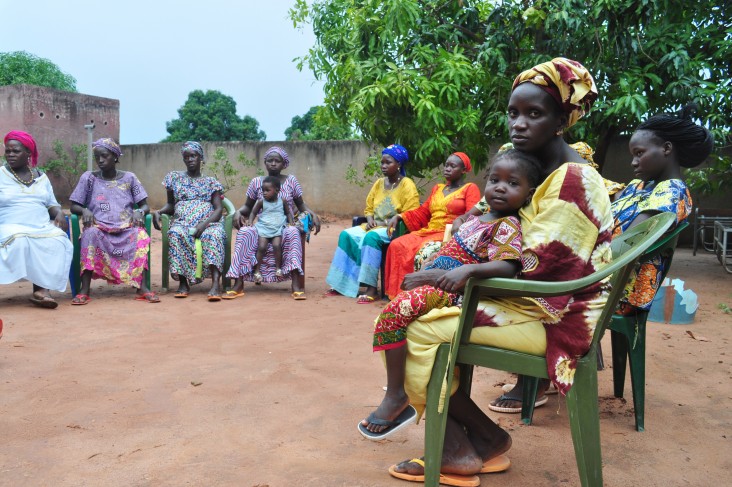Speeches Shim

Community-based health insurance (CBHI), like the Mutuelles in Senegal, is an example of effective health financing that pools resources and risks across a community to provide health services according to people's need rather than to their individual capacity to pay for them. Community based health insurance programs such as Mutuelles help to ensure members of the community are able to access basic benefit packages delivered in health facilities without being deterred by a previously unattainable cost. Increasing access to health care by lowering costs means that patients are able to get needed care which can help save their lives.
In the past, Chief Nurse, Astou Dieng struggled to convince community members in Bagadadji, Senegal to visit a health professional when their children showed symptoms of illness like diarrhea or fever. She was often met with resistance since many community members couldn’t afford to visit a health facility; and for those who could afford it, many experienced poor quality care from the local public providers. When a USAID-supported community health insurance program known as Mutuelles was implemented in 2011, Dieng, a local health champion, successfully mobilized the rest of her staff, as well as community members, to encourage more people to seek and receive quality, affordable care. For just $6 a year, nearly 600 families were covered for 80 percent of any health costs incurred. The result was that with more affordable care, the number of health care visits in Bagadadgi rose from 5,484 per year in 2010, to 9,005 in 2013.
USAID supports country-driven health financing initiatives to mobilize and leverage sufficient resources to pay for a country’s health needs and reduce catastrophic health costs to individuals, thereby improving access to and availability of services that improve and save lives. By pooling a variety of resources to foster efficiency and equity, ensuring affordability for packages of high-quality, high-impact services, and catalyzing private sector investments in health, countries can improve access to life-saving services. USAID helps countries like Senegal to strengthen financing for health so that high-quality, essential health services are widely available. Senegal’s focus on health financing interventions, when scaled up with a package of other proven health systems interventions, can contribute to saving over 37,000 lives from 2016-2020.
Meet more of the women and children that benefit from USAID's efforts.

Comment
Make a general inquiry or suggest an improvement.